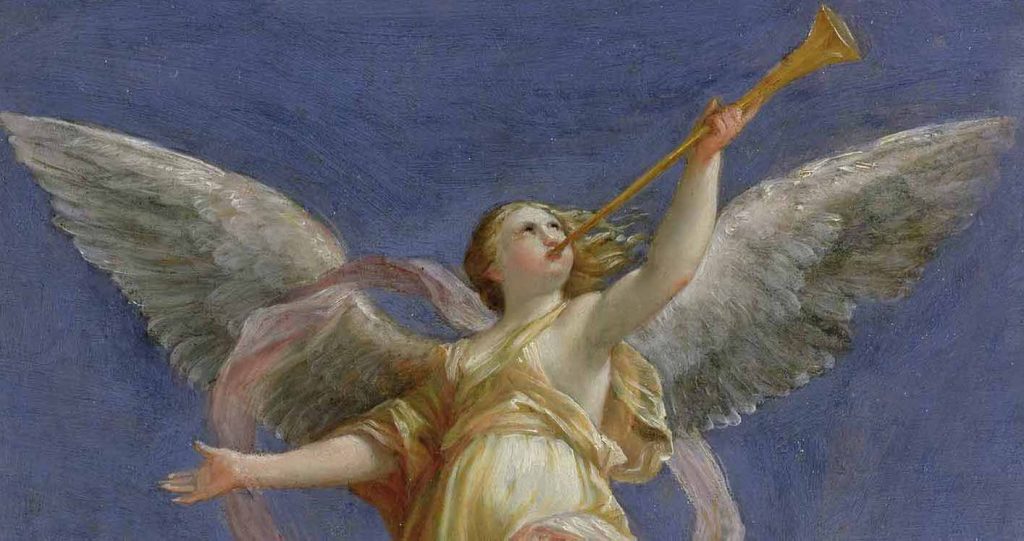by Stephanie Manning

Cleveland’s Baroque Orchestra assembled a lineup of four outstanding soloists — all well-acquainted with Handel — to keep the audience enchanted throughout the evening, an almost two-and-a-half hour performance with one intermission. Tenor Thomas Cooley was attention-grabbing right from the opening line, “Comfort ye my people.” With clear and confident enunciation, he was unafraid to bring out quick dynamic shifts and accents here and in his later solos.
Also adept at highlighting contrasts was Daniel Moody, whose wonderfully light countertenor harbored an impressive flexibility. Underneath the angelic quality he brought to selections like “O Thou that tellest” lay a more forceful presence — he emphasized the trials wrought by the “refiner’s fire” and pointedly enunciated every syllable of “des-pis-ed.”
Midway through Part I came the first contribution from soprano Erica Schuller, assertively announcing the angel’s good tidings of the birth of Christ. Her resonant tone and crystal-clear high notes embodied this celebratory section and later served her well during a moving performance of “I know that my redeemer liveth.”
The musicians of Apollo’s Fire are a very mobile group, and their bodies move with the music in a way that speaks to their engagement with the material. The wind section — oboists Debra Nagy and Kathryn Montoya and bassoonist Stephanie Corwin — blended in with the strings almost indistinguishably, creating a cohesive group sound. McGegan was an unobtrusive presence on the podium, keeping the focus on the ensemble as he gently guided both orchestra and chorus in a performance alight with musicality.
The 19-member chorus projected a large, resonant sound, with the ethereal higher voices floating above. Their sections with orchestra, like the rousing four-part canon “He trusted in God,” were full of energy, while in the haunting choir-only moments during “Since by man came death,” it was as if time was briefly suspended.
One of the most engaging aspects of the performance was watching baritone Hadleigh Adams, whose stage presence radiated charisma even when he wasn’t singing. According to Adams’ bio, he has performed Messiah more than 100 times, but all of his musical decisions felt fresh. His rich, commanding voice seemed to resonate throughout the entire space — yet he remained fully part of the group, perfectly in unison with the low strings during “The people that walked in darkness.” In “The trumpet shall sound,” Adams found a skillful duet partner in Baroque trumpeter Steven Marquardt, who played with nimble technique and a warm, covered tone.
Listening to such fantastic music-making can make it hard to not want to join in — but luckily the celebratory “Hallelujah” creates the perfect opportunity to do just that. As the audience collectively rose for the most quintessential moment in Handel’s work, some of those in the pews couldn’t help but raise their voice and sing along.
Published on ClevelandClassical.com December 13, 2021.
Click here for a printable copy of this article


